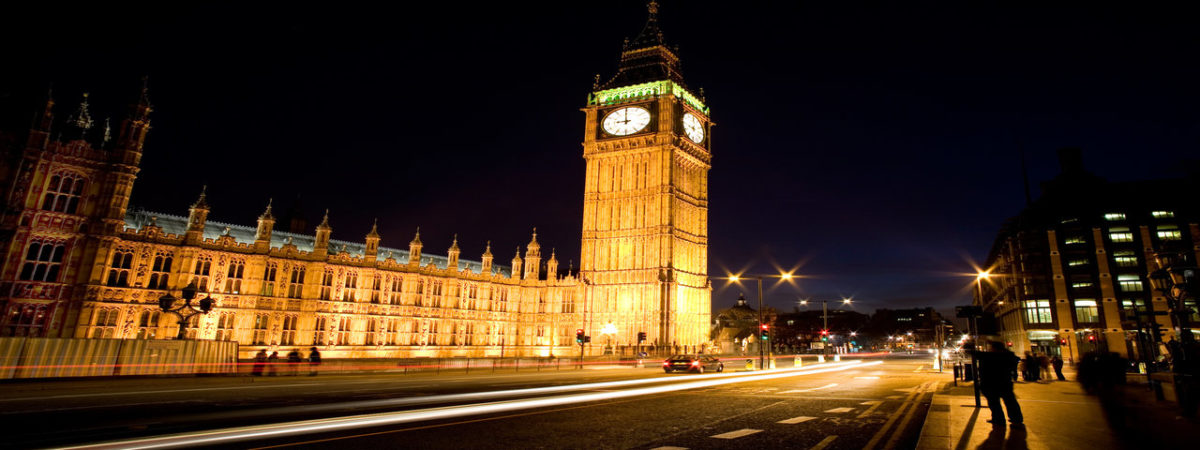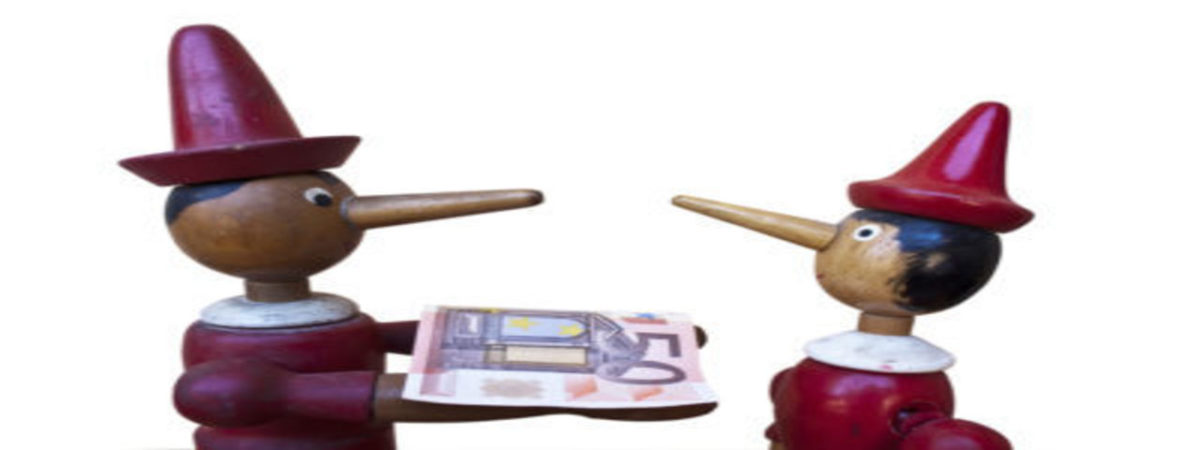IEA’s SMPC votes by five/four margin to raise Bank Rate to 1%
SUGGESTED

Mark Littlewood criticises the coalition's latest plans


The five SMPC members who wished to increase Bank Rate did so for three main reasons. One was the threat to the credibility of the UK’s counter-inflation framework if the Bank continued to ignore persistent overshoots of the 2% Consumer Price (CPI) inflation target, especially when the inflation rate perceived by many people was the 4¾% or so recorded by the various retail price measures. Another was the view that the aggregate global economy was closer to overheating than depression. The third reason for a rate rise was the belief that the depreciation of sterling had not been an exogenous ‘Act of God’ but that it, instead, reflected the relative laxity of Britain’s monetary stance compared with other countries.
Several factors explained why four SMPC members thought that this was not a time to raise Bank Rate. One fear was that the economic recovery was so anaemic that it would be de-railed by the additional business uncertainty generated by even a small hike in Bank Rate. Another concern was that the UK banking system was so fragile that it would be incapable of generating sufficient money and credit to support recovery if the official rate went up. Both doves and hawks agreed, however, that the Basle III proposals on bank regulation were perversely pro-cyclical and risked reduced global supplies of money and credit leading to a renewed global recession. Finally, there was a fear that the hike in Value Added Tax to 20% would squeeze living standards even further, depressing household consumption.
Notes to Editors
To arrange an interview with a member of the SMPC, please contact Stephanie Lis, Communications Manager, 077 5171 7781, 020 7799 8900, slis@iea.org.uk.
The SMPC is a group of independent economists who have gathered quarterly at the Institute of Economic Affairs (IEA) since July 1997. That it is the longest established such group in Britain and meets regularly to debate the deeper intellectual issues involved distinguishes the SMPC from the similar exercises carried out by a number of publications. The February SMPC poll was largely finalised before the publication of the weak preliminary UK GDP figures for the fourth quarter on 25th January. However, the experience of other countries that had ‘real’ winters more frequently than Britain suggested that much of this lost activity will be recouped by the middle of this year.
The mission of the Institute of Economic Affairs is to improve understanding of the fundamental institutions of a free society by analysing and expounding the role of markets in solving economic and social problems. The IEA is a registered educational charity and independent of all political parties.



